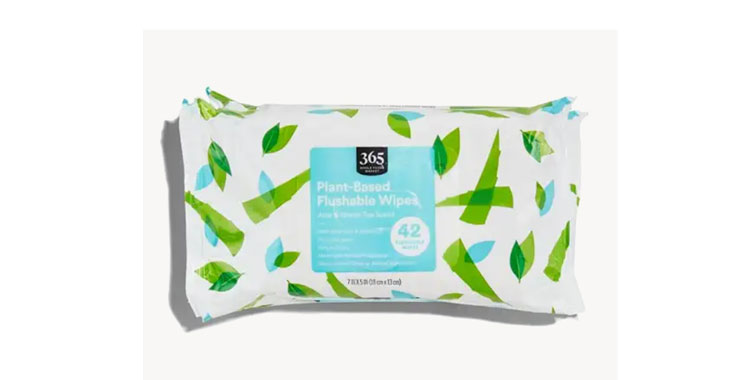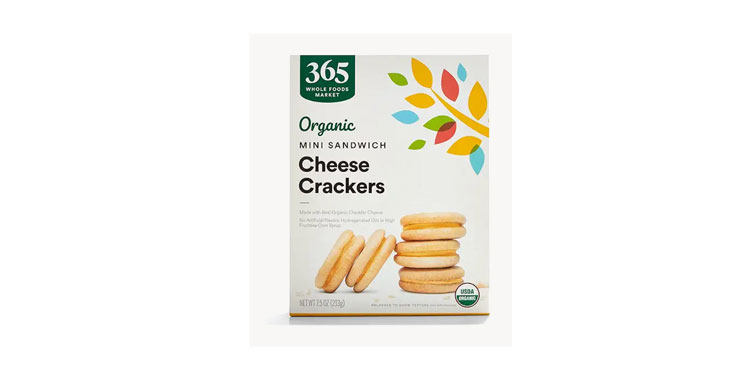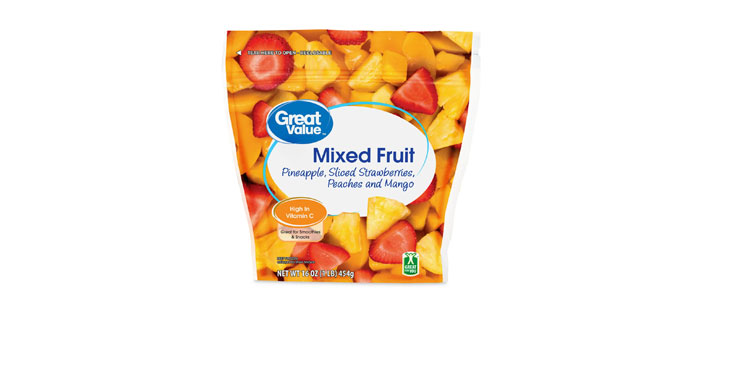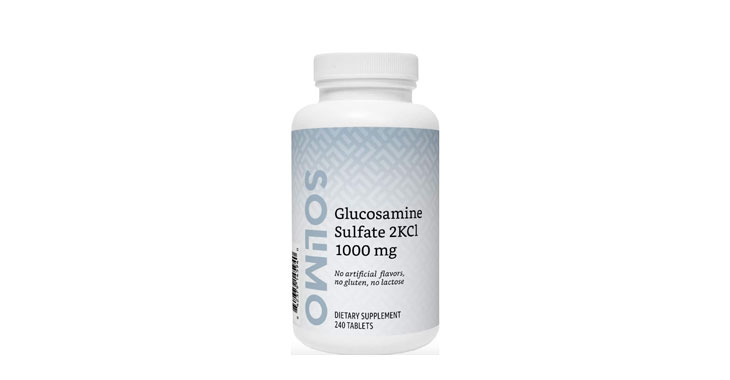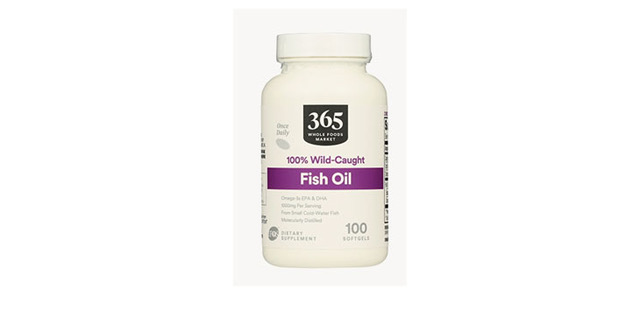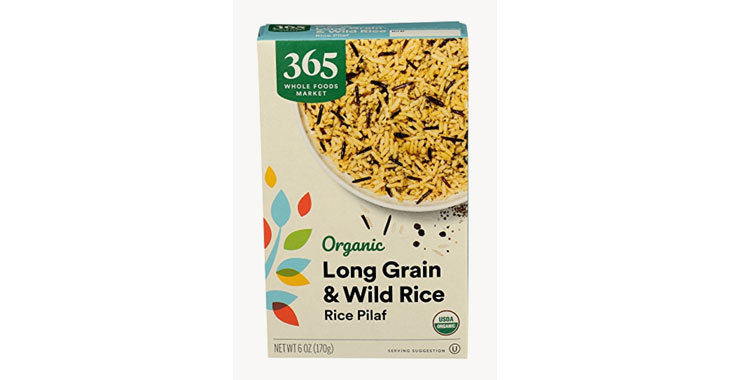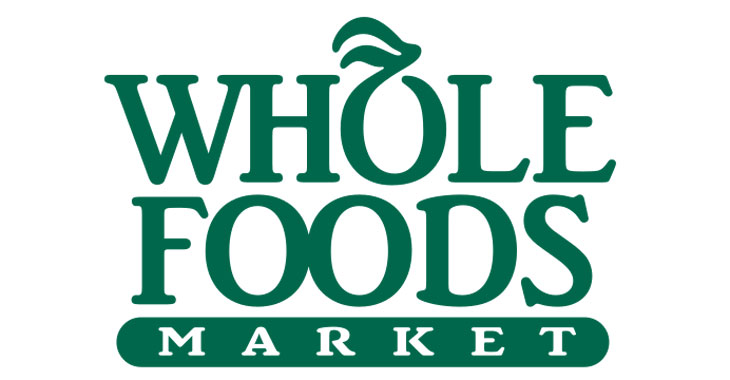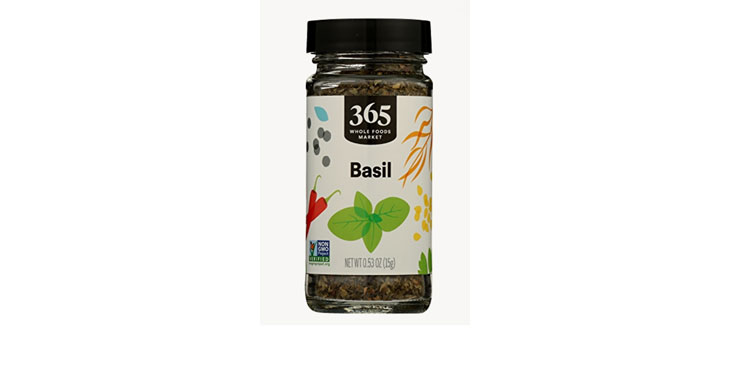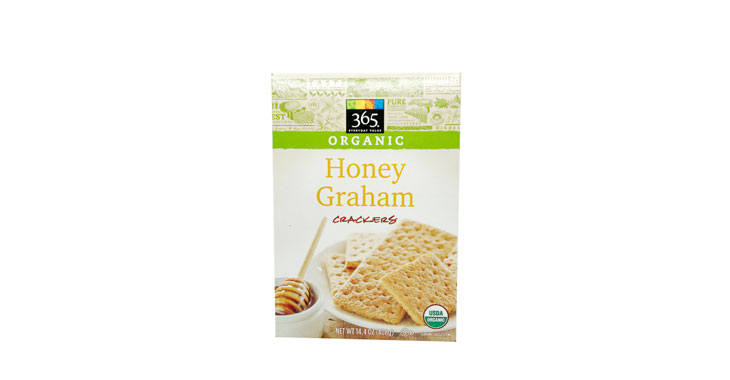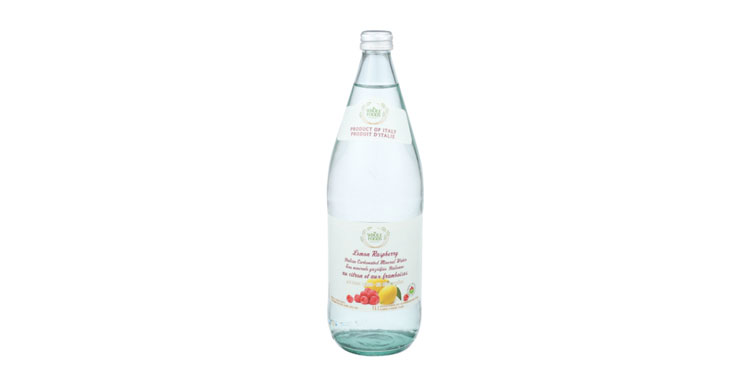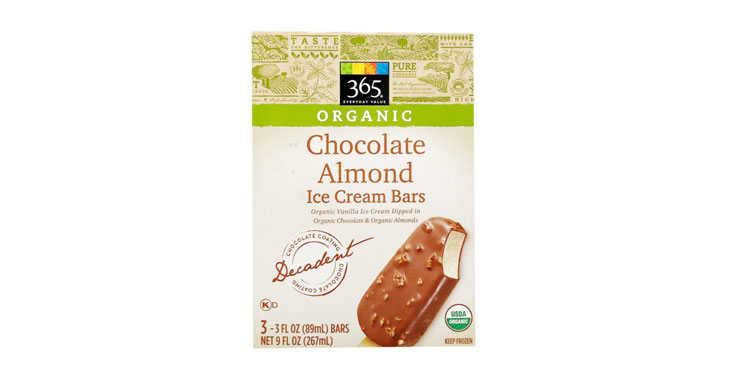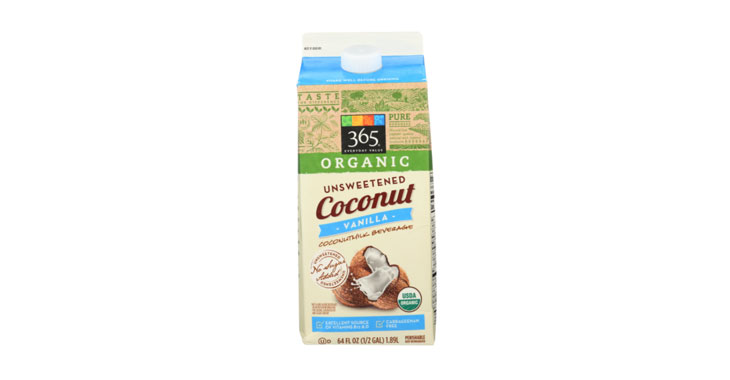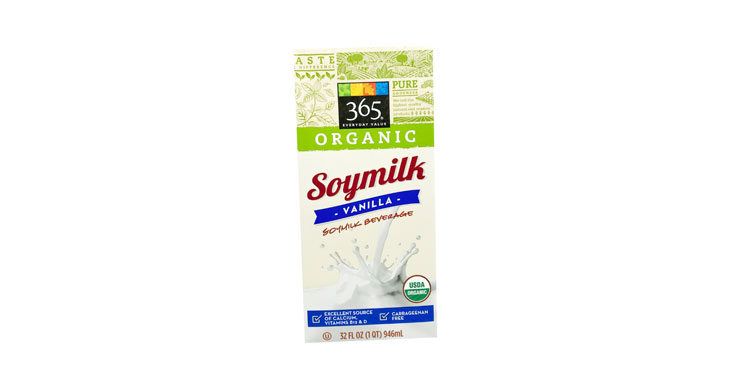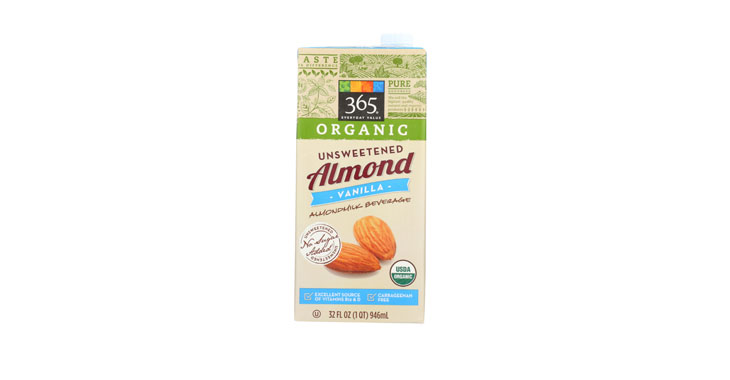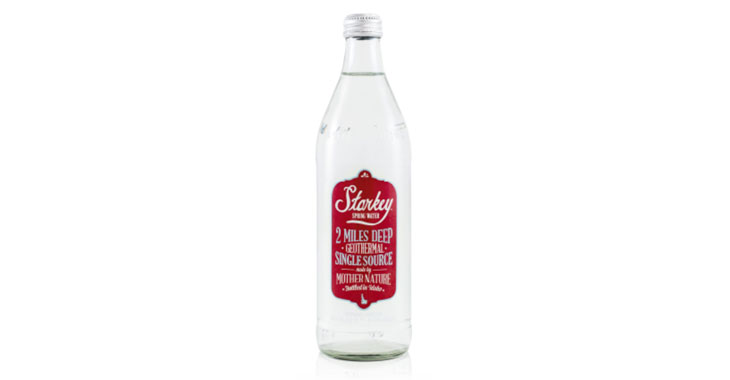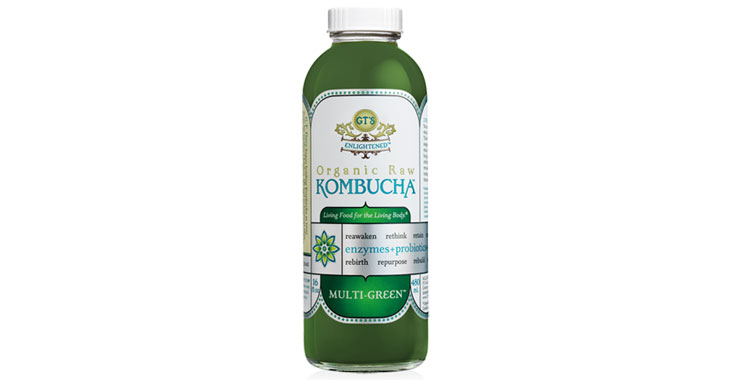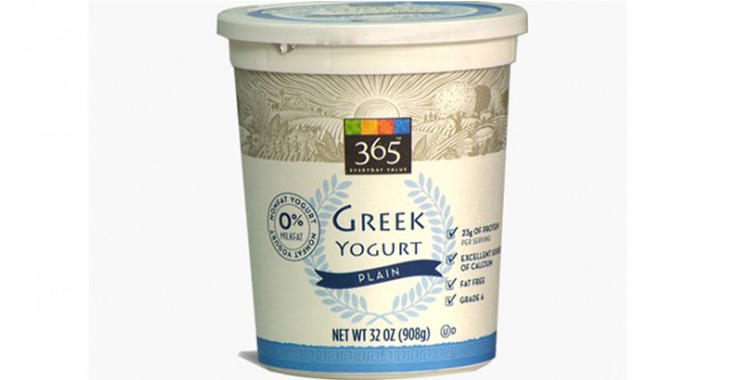
Rice Products on Amazon
Allegations: Failing to disclose that products contain heavy metals
March 2019: The claims against defendant WFM Distribution were dismissed.
June 2018: A federal judge dismissed When a complaint is dismissed without prejudice, an amended version of the complaint can be refiled. some of the claims in this case. The judge dismissed the claims against some of the defendants (Whole Foods Market, Inc., Whole Foods Market Services, and Whole Foods Market Group) for lack of personal jurisdiction, the claims of one of the named plaintiffs (Starr) for failure to state a claim against the remaining defendant (Whole Foods Market California), and the claims regarding products that the plaintiffs did not allege contain allergen ingredients for lack of standing. The other claims – including ones against Whole Foods Market California – will move forward.
November 2017: A class-action lawsuit was filed against Whole Foods for allegedly deceptively labeling various products – including body care products and laundry detergent — as “hypoallergenic” when, according to the complaint, they are not. Specifically, the complaint alleges that products contain allergens, chemicals, irritants, carcinogens, mutagens, reproductive toxins, and other chemicals that are hazardous to human health. (Kellman et al v. Whole Foods Market, Inc., Case No. 17-cv-6584, N.D. Cal.)
For more of TINA.org’s coverage of hypoallergenic claims, click here.
Allegations: Failing to disclose that products contain heavy metals
Allegations: Falsely marketing products as plant-based
Allegations: Misleadingly marketing that products contain “Real Organic Cheddar Cheese”
Allegations: Falsely marketing that Amazon Prime members receive free 2-hour delivery of groceries when Amazon charges consumers a $9.95 service fee for grocery deliveries from Whole Foods Market
Allegations: Failing to adequately disclose a $2 deposit fee in advertised retail prices
Allegations: Failing to disclose that products contain a bacterium that could lead to serious adverse health consequences
Allegations: Falsely marketing supplements as glucosamine sulfate when they don’t contain any glucosamine sulfate
Allegations: Misleadingly marketing products as “whole grain”
Allegations: Misleadingly marketing the weight of fish in products as higher than it actually is
Allegations: Falsely marketing pizzas as being 18 inches when they are actually 16 inches
Allegations: Falsely marketing the amount of Omega-3 fatty acids in each serving
Allegations: Deceptively using slack-filled packaging and misleadingly marketing its commitment to environmental stewardship
Allegations: Misleadingly marketing ice cream bars as dipped in chocolate when the coating actually contains more vegetable oil than cacao ingredients
Allegations: Misleadingly marketing that the main flavoring ingredient is vanilla when the Ingredients list does not contain a vanilla ingredient
Allegations: Failing to disclose that products contain, or are at risk of containing, toxic heavy metals
Allegations: False “Animal Welfare Certified” and “No Antibiotics, Ever” claims
Allegations: Misleadingly marketing the ingredients in Organic 365 Honey Graham Crackers
Allegations: Misleadingly listing “organic dehydrated cane juice solids” as an ingredient when it’s actually sugar
Allegations: Falsely marketing lemons and raspberries as the main flavoring ingredients
Allegations: Failing to disclose that foods contain allergens
Allegations: Failing to disclose that vanilla flavor comes from artificial flavors
TINA.org has tracked more than 150 lawsuits alleging greenwashing.
Consumers also have a beef with claim that meat is “animal welfare certified.”
These marketing claims are feeling the heat.
TINA.org is currently tracking 70 class actions challenging claims that a variety of foods and beverages are truly vanilla.
